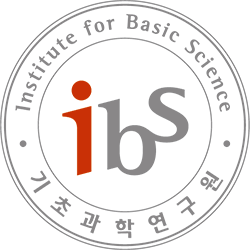Ron Aharoni, Colorful KKM and multiple cakes division
Zoom ID: 869 4632 6610 (ibsdimag)In the "cake partition" problem n players have each a list of preferred parts for any partition of the interval ("cake") into n sub-intervals. Woodall, Stromquist and Gale proved independently that under mild conditions on the list of preferences (like continuity) there is always a partition and assignment of parts to the players, in which every player gets …

